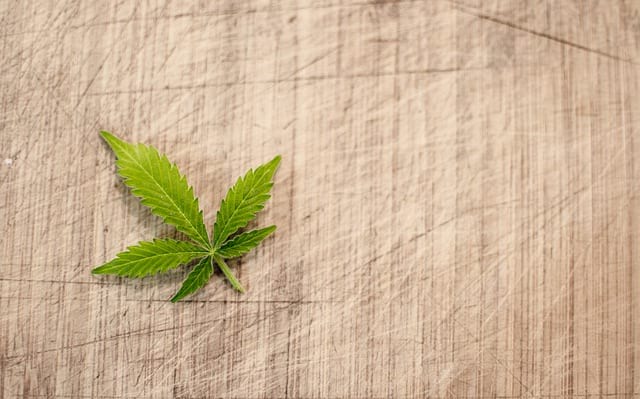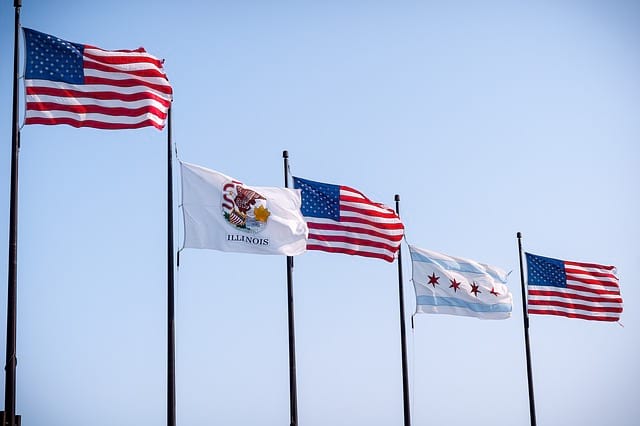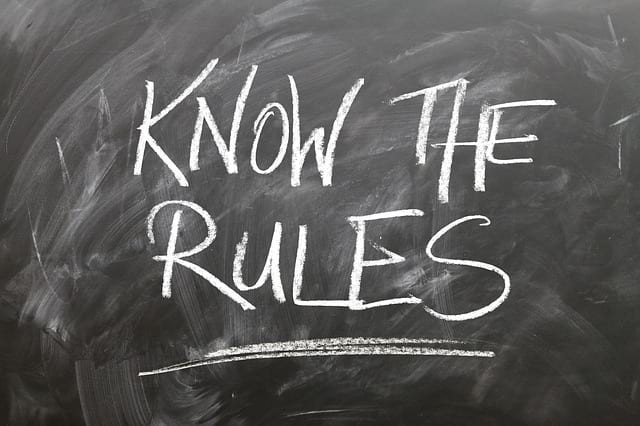The bill contains several provisions for taxing and regulating these businesses, including specific ways the tax income will be distributed to improve neighborhoods and substance abuse treatment programs.
With greater acceptance of recreational marijuana use and easier access to the drug, more people are at risk of abusing the substance and failing to get help.
The Illinois Bill: Different From Other State Marijuana Legislation
Over half the states in the nation have legalized some form of medical marijuana use over the years. Now, recreational growing, processing, selling, and use have all been gaining favor, especially as a form of tax revenue.
Marijuana is the most commonly abused recreational, illicit drug in the U.S. Per the 2015 National Survey on Drug Use and Health (NSDUH), more than 22 million people use marijuana at least sometimes throughout the year.
Like many states, Illinois passed medical marijuana legislation several years ago. A report in 2018 found an 80 percent increase in medical marijuana use around the midwestern state. Between 2017 and 2018, according to the Chicago Tribute, 46,000 people used the drug, mostly to treat mental health conditions like post-traumatic stress disorder (PTSD).
With the popularity of medical marijuana, many advocacy groups have pushed to legalize recreational marijuana, claiming that the drug is not as dangerous as substances like prescription narcotic painkillers. However, addiction specialists warn that any legal access to marijuana will lead to an increase in abuse and addiction rates.
The new bill in Illinois has specific limits on recreational marijuana and will create state oversight for safety and management of businesses that grow, process, and sell the drug. The following details are included in the bill:
- Illinois residents can purchase up to 1 ounce (30 grams) of recreational marijuana at a time. They cannot purchase more than this.
- Nonresidents, or “pot tourists,” can purchase up to 15 grams at a time. Taking drugs over state lines is still a federal crime.
- Adults who are 21 or older may purchase recreational marijuana, based on rules for purchasing and consuming alcohol.
- Sales tax on recreational marijuana will range from 10 to 25 percent. Medical marijuana has a 1 percent sales tax.
Until January 1, 2020, marijuana possession, purchase, use, and trafficking remain crimes in the state of Illinois. Dispensaries will begin to receive licenses from the state on that date.
The existing 55 medical marijuana dispensaries across Illinois will reportedly have the first opportunity to apply for a recreational marijuana license, as they are already established and regulated by the state. Then, in October 2020, the application will open for 75 more dispensaries.
There are currently 20 licensed growing facilities, which are expanding to include recreational marijuana. Until partway through 2020, these are the only groups that can legally grow marijuana. Then, craft growers will be able to apply for licenses to cultivate up to 5,000 square feet of marijuana plants.
There will be specific limitations on the tetrahydrocannabinol (THC) content in the plant itself as well as the amount that can be in edibles and other infused products.

Benefits in the Illinois Recreational Marijuana Bill
While access to an intoxicating substance puts many people at risk, the Illinois bill has specific provisions that will help individuals and communities across the state.
- About 800,000 people who have criminal records for possession or purchase of 30 grams of marijuana or less are eligible to have those records expunged.
- Cannabis-vendor preference will go to minority business owners, as people of color have been more targeted by criminal drug laws than white populations.
- A quarter percent of tax revenue from marijuana businesses will go to redeveloping impoverished neighborhoods.
- Twenty percent of tax revenue from these businesses will go toward substance abuse treatment programs, to reduce the negative impact of high rates of marijuana abuse.
Potential Harm to Illinois Residents
Although there are beneficial provisions and strict oversight of recreational dispensaries planned in HB 1438, wider access to and acceptance of marijuana is dangerous for adolescents and young adults.
Many people don’t believe marijuana is addictive, but medical research has found that about 30 percent of people who use this drug display characteristics associated with physical dependence. While the body’s dependence on a substance is not the same thing as addiction, since addiction requires escalating consumption and compulsive behaviors, dependence on a drug like cannabis is one way to understand potential addictiveness of the substance. People often experience negative consequences in life due to their repeated use of the drug.
Marijuana is especially dangerous for teenagers and young adults.It is the most widely abused illicit substance in the age group ranging from 12 to 25 years old. Statistically, abusing a drug in adolescence increases the likelihood of struggling with addiction throughout adulthood. This has a negative impact on brain development, leading to emotional, cognitive, and memory problems.
Across the country, about 1 in 10 people who struggle with addiction of any kind seek treatment. Since recreational marijuana is a new phenomenon, there are no statistics yet associated with how widespread adolescent and young adult abuse will become.
Research does suggest that intervention and early education programs during the preteen and teenage years can reduce the risk of marijuana abuse and addiction.

Addiction Treatment and Education to Reduce Overall Harm
With less secrecy, more adolescents may seek help sooner for their marijuana abuse. Some school nurses have reported an uptick in students asking questions about overcoming drug abuse, especially related to cannabis.
Illinois’s marijuana bill provides funds to improve and even expand addiction treatment. Many of these education programs will ideally be targeted at teenagers and provide access to adolescent-specific treatment. Adults are also at risk, so treatment needs to address all the different demographics within Illinois.
While there are financial benefits to the state for legalizing recreational marijuana, the population will be at greater risk of substance abuse struggles due to increased access to the drug.
Learn More About Addiction
If you would like to learn about your local Footprints to Recovery center,
please view Attending an outpatient drug treatment program in the Chicagoland area.

Questions about treatment options?
Our admissions team is available 24/7 to listen to your story and help you get started with the next steps.

